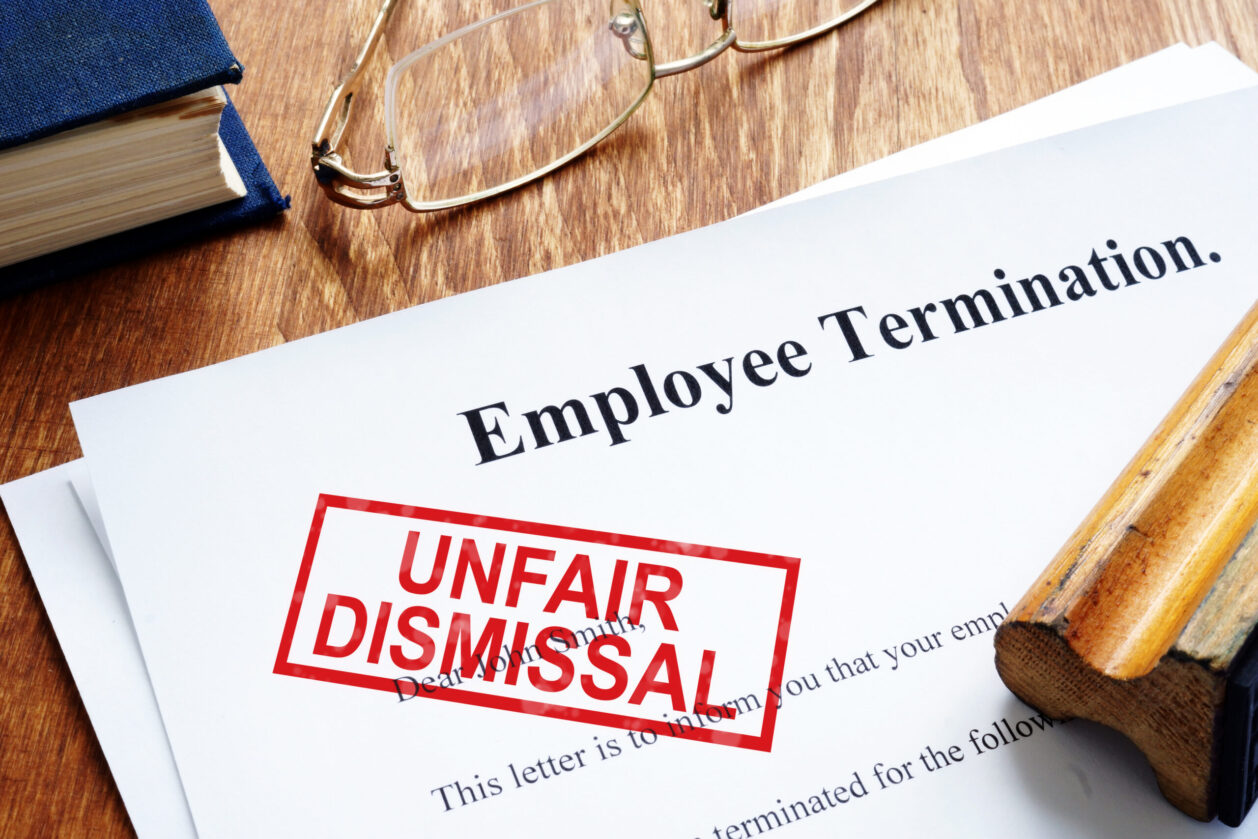Employees employed by National System employers (Constitutional Corporations) are entitled to be absent from employment when engaging in an eligible community service activity as prescribed by the National Employment Standards (NES).
Eligible community services activity includes:
- jury duty service
- voluntary emergency management activity
- an activity that is of a community service nature prescribed by the regulations.
The community services leave provision under the NES is not intended to apply to the exclusion of state laws where they are more generous. In WA, there are two relevant pieces of legislation that employers must also comply with; the Juries Act 1957 (WA) and the Emergency Management Act 2005 (WA).
Jury service
The NES provides that national system employees (other than casuals) must be paid at their base rate of pay for up to a maximum of 10 days.
However, the Juries Act 1957 (WA), states that employers are required to pay employee wages for the entire period of jury service. Section 58(B)(3) states;
- If a person does jury service for a period when he or she is employed by an employer under a contract of service, the employer must pay the person the earnings that he or she could reasonably expect to have been paid in that period under the contract, despite any breach of the contract caused by doing the jury service.
As this Act makes no distinction between what type of contract of service it applies to, it can also apply to casual employees in certain circumstances. Please see the FAQ’s for more information.
Employers will be able to seek reimbursement from the Sheriff’s Office by completing the relevant forms and a statutory declaration. The reimbursement is based on wages only. Employers cannot claim reimbursement for any allowances, bonuses, superannuation or payroll tax. All relevant information and claims forms will be provided to jurors for their employers however they can also be downloaded from the Department of the Attorney General website.
For more information contact the Sheriff’s Office Central Law Courts on (08) 9425 2481.
Voluntary emergency management activities
Voluntary emergency management activities are those where an employee voluntarily engages in an activity that involves dealing with an emergency or natural disaster. Examples include being a volunteer firefighter or part of the State Emergency Services (SES).
Whilst the NES provides that all community service activities other than jury service are to be taken as unpaid leave, the Emergency Management Act 2005 (WA) states that employees are entitled to be paid by their employer when absent from employment because of an emergency management response.
Please note that payment is only applicable to an emergency management response, which is defined as “the combating of the effects of an emergency, provision of emergency assistance for casualties, reduction of further damage, and help to speed recovery.”. Payment is not due if an employee chooses to partake in emergency management prevention, preparedness or recovery work.
See the FAQs below for more information.
Australian Defence Force Reserves
Under the Defence Reserve Service (Protection) Act 2001, employers must grant leave to employees who are members of the Australian Defence Force (ADF) Reserve, where they have been called for service or training.
Employees are required to provide notice to the employer of being called for service or training as soon as reasonably possible. This period of leave may be leave without pay.
Employers must also not discriminate against employees based on being a past, present or potential member of the ADF. Employees also must not be compelled to use their paid leave entitlements for a period of ADF service.
Employers may be able to seek financial support from the ADF for their Reservists through the Employer Support Payment Scheme. Further information on the scheme is available from the Defence Reserves Support website.
Frequently asked questions
My casual employee works every Monday to cover full-time staff’s RDOs, and she’s been called in for jury duty, should I pay her?
Yes, as she would have reasonably expected to have been paid for that day, she is entitled to payment. You can apply to the Sheriff’s office for reimbursement.
What if she’s gone all week? She sometimes gets called in to work on Thursday nights if we’re busy, but I don’t know if she would have for this week.
You potentially do not have to pay for Thursday as it is not a set shift that the casual would always expect to receive.
I have a staff member who is a volunteer firefighter and had to be absent from work to fight a bushfire in the hills, is he entitled to be paid?
Yes, as the employee is involved in an emergency management response, he is entitled to payment for that time.
My employee is in the SES and after the big storm in Perth, was off for three days assisting with the immediate clean-up, and following up emergency calls made on the night of the storm, am I obliged to pay him?
Yes, as he was still involved in the coordinated response, you are obliged to pay him.
The following week, he took another day off to go and help some of those affected by the storm replace their roof. I don’t think I should have to pay him for this too!
You are correct, as this falls under the ‘recovery’ work definition; you are not obligated to pay him for that day. He will need to apply for annual leave or have the day off as unpaid leave.
For further information contact CCIWA’s Employee Relations Advice Centre on (08) 9365 7660 or email [email protected]






